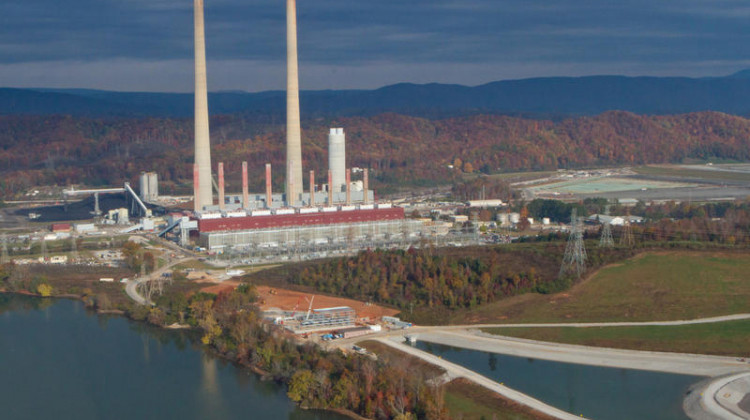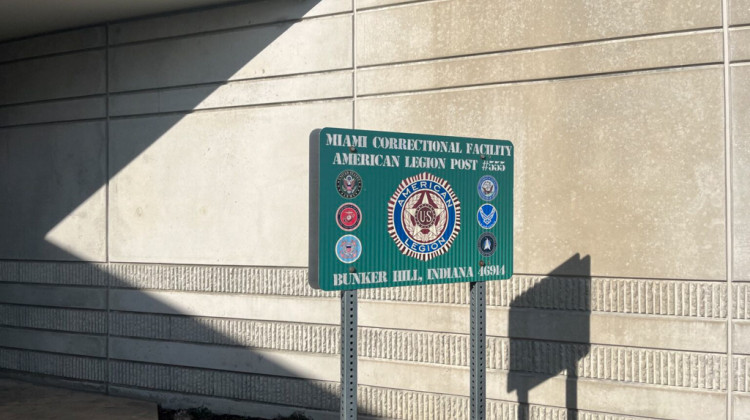
An unlined coal ash pond at the Kingston Fossil Plant, pictured here, released 5.4 million cubic yards of sludge into land nearby, the Emory River, and nearby groundwater wells.
Tennessee Valley Authority/Wikimedia CommonsThe Environmental Protection Agency issued a memo this week saying contamination in groundwater that feeds into rivers, streams, and lakes doesn’t need to be regulated under the Clean Water Act. It goes against two federal court decisions that argued the opposite.
Environmentalists worry this means Indiana’s waterways near coal ash ponds will get less protection. Indra Frank is the director of environmental health and water policy for the Hoosier Environmental Council.
"We have a number of sites already where we know that coal ash is contaminating groundwater and that that groundwater is moving to surface water," she says.
Frank says pollution from manure lagoons at confined feeding operations and septic systems could also face less regulation.
She says the EPA’s guidance also creates a loophole for companies that want to dump contamination, but can’t empty it into protected rivers and lakes.
“They could release those pollutants into groundwater instead,” she says.
The guidance doesn't affect those states under the jurisdiction of the 4th Circuit and 9th Circuit courts along the coasts. Both of those courts ruled that groundwater contaminants that feeds into surface water should be regulated under the Clean Water Act. The EPA says that could change if the Supreme Court comes to a different conclusion on those cases.
In the EPA's memo, the agency says it hopes to provide clarity in light of these court cases. It says regulating these waters should be the job of the states and other EPA rules, but it's not appropriate for the Clean Water Act.
READ MORE: Indiana Blocked Obama's WOTUS Rule, Now The Trump Administration Has Drafted Its Own
Indiana Environmental reporting is supported by the Environmental Resilience Institute, an Indiana University Grand Challenge project developing Indiana-specific projections and informed responses to problems of environmental change.
 DONATE
DONATE








 Support WFYI. We can't do it without you.
Support WFYI. We can't do it without you.